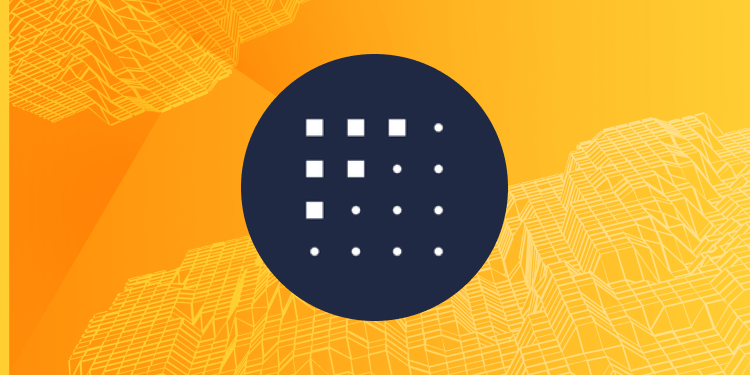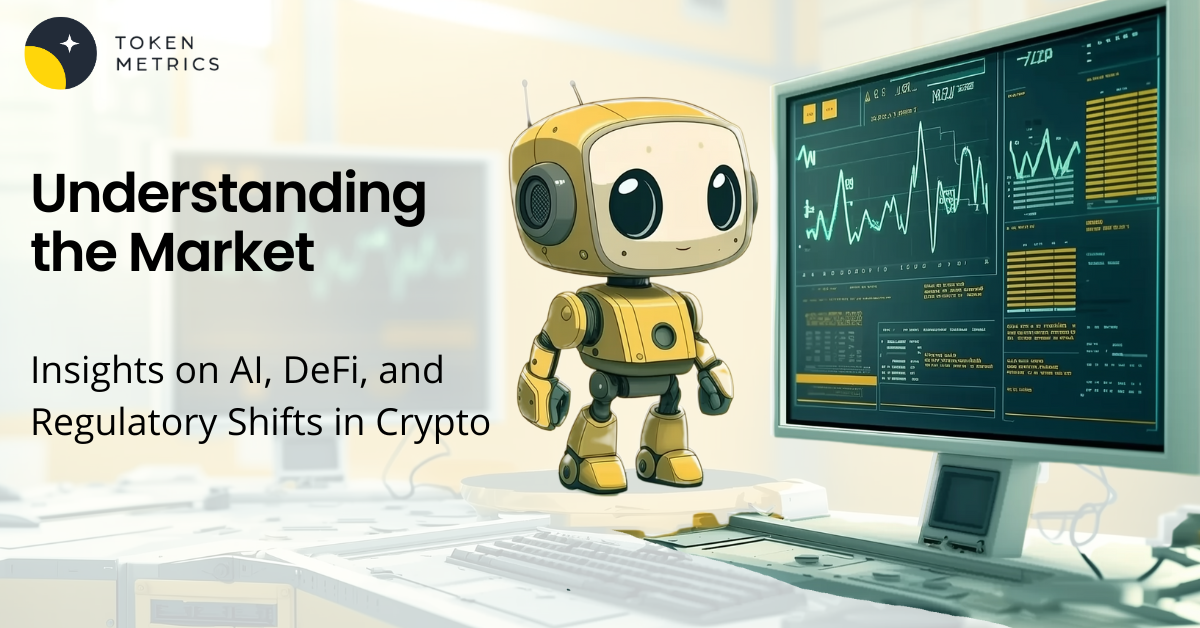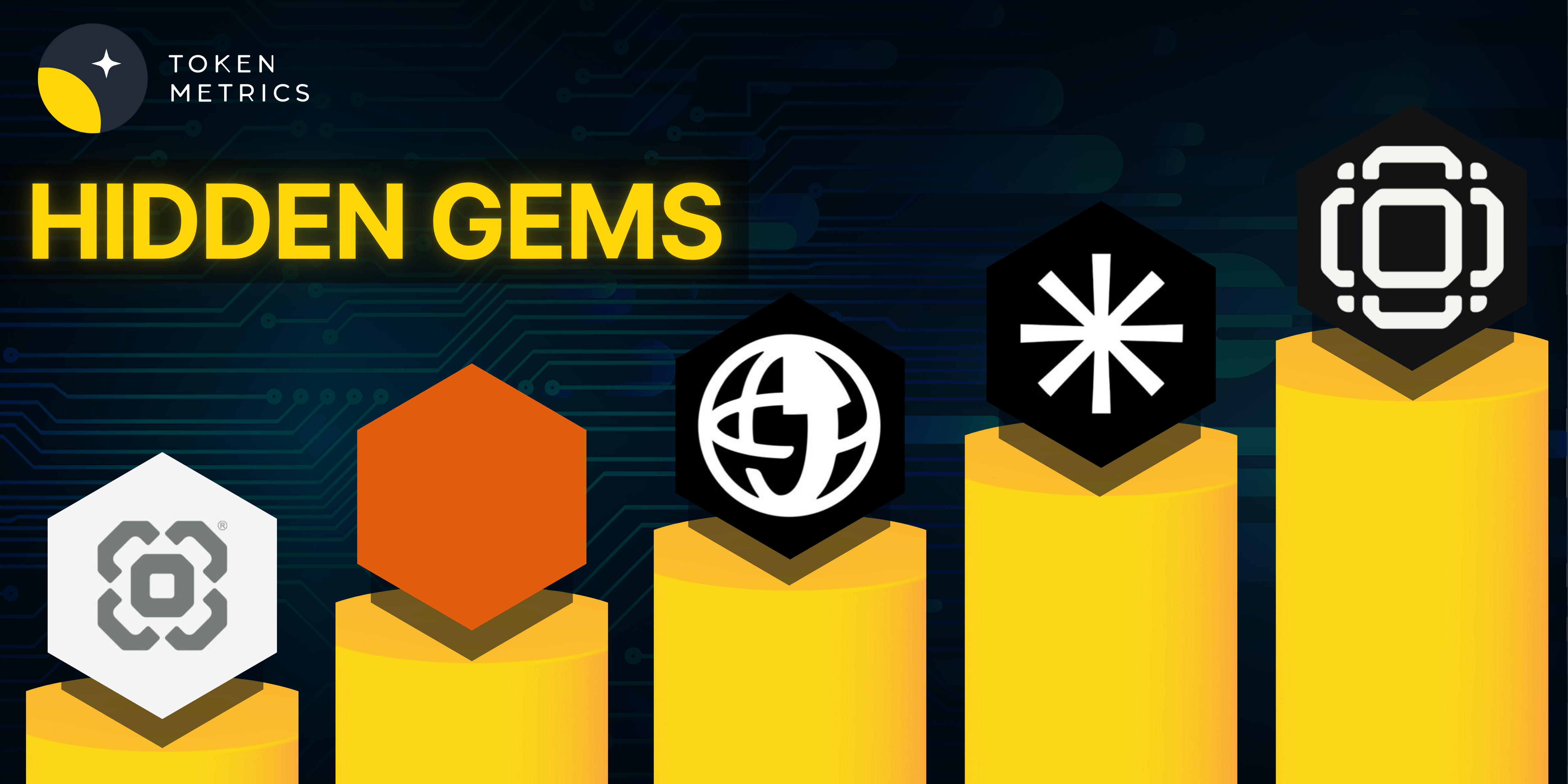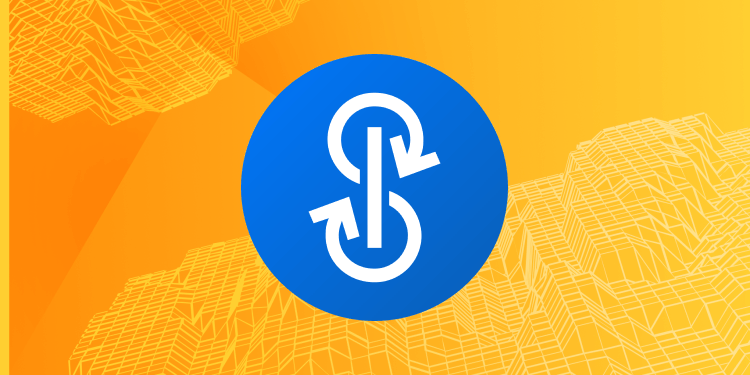Review Date: 26/02/2023
Fetch.ai is an interchain protocol that operates as a Layer 1 blockchain, utilizing Cosmos SDK and Multi-Agent System principles. Its goal is to establish a decentralized infrastructure for P2P applications that are capable of automation and AI functionalities.
The network functions through a group of independent agents that interact via the blockchain to complete their tasks. To provide developers with tools for building and running these agents, the Fetch.ai team created the Autonomous Economic Agent (AEA) framework.
In addition to the AEA framework, the team has launched two groundbreaking platforms. CoLearn, a marketplace for data and AI models, allows users to monetize their data and AI models. DabbaFlow, a decentralized data-sharing protocol, allows users to securely share their data across multiple parties without a middleman.
The FET token serves as the native token for the Fetch.ai ecosystem. The team boasts an impressive research team, continually developing innovative solutions for the platform’s advancement.
Overall, Fetch.ai is an exciting project at the forefront of decentralized P2P applications with AI capabilities. Their achievements to date demonstrate their commitment to creating a more innovative and interconnected digital world.
Notes to Take
- Fetch.ai is an interchain protocol, built using the Cosmos SDK
- Built using principles of the Multi-Agent system, branch of AI
- Mission is to build infrastructure for decentralized P2P applications
- Fetch Wallet
- Forked from Kepler wallet
- Store and stake FET
- Mobile and PC version
- FET token is the native token for the Fetch.ai ecosystem
- Network fees
- Staking
- Autonomous machine-to-machine ecosystem
- Network agents work as independent parties and interact via the blockchain network
- To perform their tasks, agents connect and negotiate with each other
- Agreements made between the agents are recorded on the blockchain network
- Rewards to stakeholders who contribute to the federated learning models
- CoLearn Marketplace
- DabbaFlow
- Decentralized data-sharing protocol
- Mainnet launched
- Autonomous Economic Agent (AEA) framework is a development suite that equips you with an efficient and accessible set of tools for building and running AEAs. It is modular and composable
- ACN helps agents interact over the internet
- CoLearn
- A library that enables privacy-preserving decentralized ML tasks
- A marketplace for data and AI models
- A Blockchain mediated collective learning system
- DabbaFlow
- Provides privacy to Colearn
- Data sharing platform
- Jenesis
- CL tool for rapid contract and service development
- Axim
- Helps you make informed decisions and reach your goal
- Optimizes business functions
- Agents Based Modelling (ABM)
- An agent is a piece of software that represents an entity (individual, organization, or object) and acts continuously and autonomously (with limited or no interference) on its behalf.
- Key characteristics
- Representation
- Autonomy
- Self-interest
- Proactive
- Reactive
- Key characteristics
- ABM consists of a system of agents and connections between them
- An agent is a piece of software that represents an entity (individual, organization, or object) and acts continuously and autonomously (with limited or no interference) on its behalf.
- Multi-Agents Systems (MAS)
- Group of agents that interact with each other and the environment to achieve specific goals
- Key characteristics
- Decentralization
- Heterogeneity
- Scalability
- Robustness
- Adaptability
- Highly complex and difficult to predict
- Building since 4 years
| Initial Screening | |||
| Keep researching | |||
| Does this project need to use blockchain technology? | Yes | ||
| Can this project be realized? | Yes | ||
| Is there a viable use case for this project? | Yes | ||
| Is the project protected from commonly known attacks? | Yes | ||
| Are there no careless errors in the whitepaper? | Yes | ||
Project Technology Score | |||
| Description | Scorecard | ||
| Innovation (Out Of 11) | 7 | ||
| How have similar projects performed? | Good | 2 | |
| Are there too many innovations? | Regular | 2 | |
| Percentage of crypto users that will use the project? | 1-5% | 1 | |
| Is the project unique? | Yes | 2 | |
| Architecture (Out of 12) | 11 | ||
| Overall feeling after reading whitepaper? | Good | 2 | |
| Resistance to possible attacks? | Good | 2 | |
| Complexity of the architecture? | Not too complex | 2 | |
| Time taken to understand the architecture? | 20-50 minute | 1 | |
| Overall feeling about the architecture after deeper research? | Good | 4 | |
| Code Quality (out of 15) | 12 | ||
| Is the project open source? | Yes | 2 | |
| Does the project use good code like C,C++, Rust, Erlang, Ruby, etc? | Yes | 2 | |
| Could the project use better programming languages? | No | 0 | |
| Github number of lines? | More than 10K | 1 | |
| Github commits per month? | More than 10 | 2 | |
| What is the quality of the code? | Good | 2 | |
| How well is the code commented? | Bad | 0 | |
| Overall quality of the test coverage? | Outstanding | 2 | |
| Overall quality of the maintainability index? | Good | 1 | |
| When Mainnet (out of 5) | 5 | ||
| When does the mainnet come out? | Live | 5 | |
| Usability for Infrastructure Projects (out of 5) | 5 | ||
| Is it easy to use for the end customer? | Yes | 5 | |
| Team (out of 7) | 6 | ||
| Number of active developers? | 5+ | 2 | |
| Developers average Git Background? | Senior | 2 | |
| Developers coding style? | Solid | 2 | |
| Total Score (out of 55) | 46 | ||
| Percentage Score | |||
| Innovation | 12.73% | ||
| Architecture | 20.00% | ||
| Code Quality | 21.82% | ||
| Mainnet | 9.09% | ||
| Usability | 9.09% | ||
| Team | 10.91% | ||
| Total | 83.64% |





